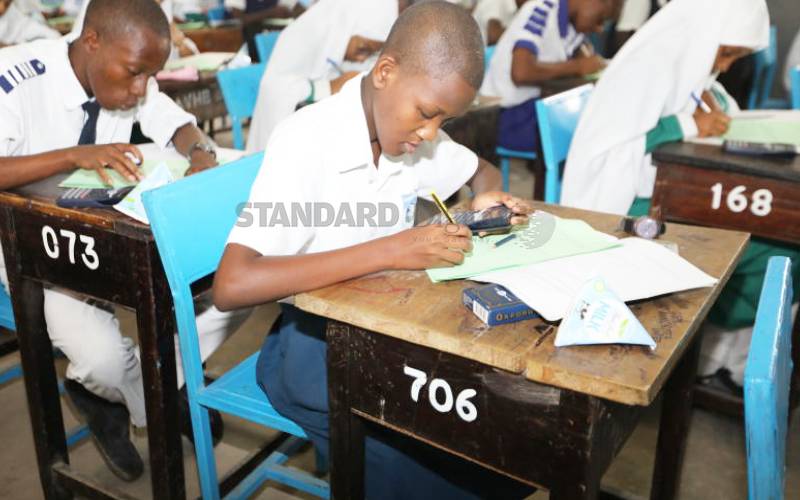×
The Standard e-Paper
Stay Informed, Even Offline

Schools that were on last year's surveillance list in the identified counties will be under close watch this year.
Sixteen counties have been identified as examination cheating hot spots ahead of this year’s national examinations.